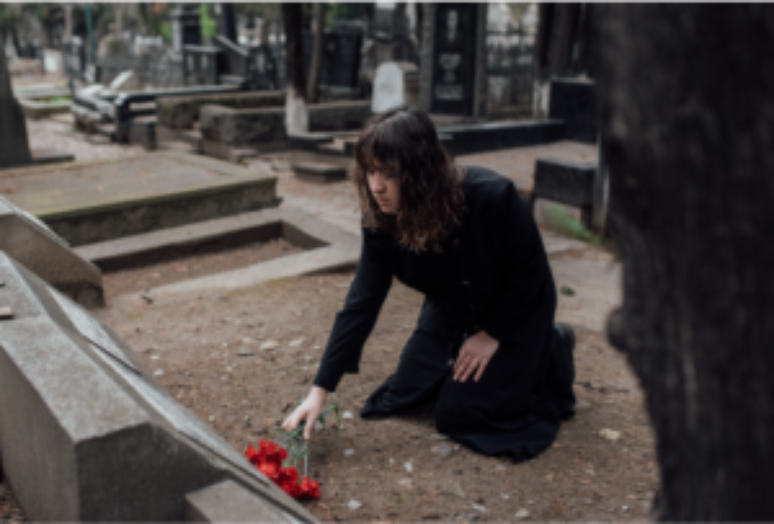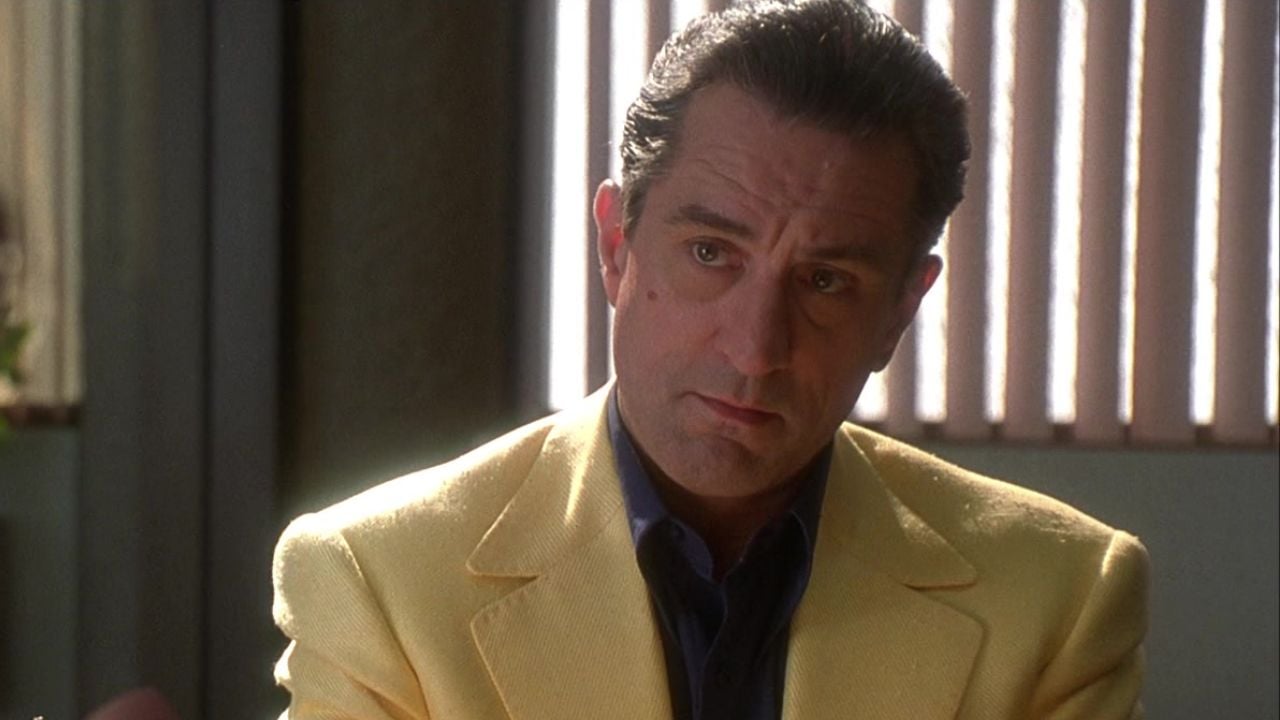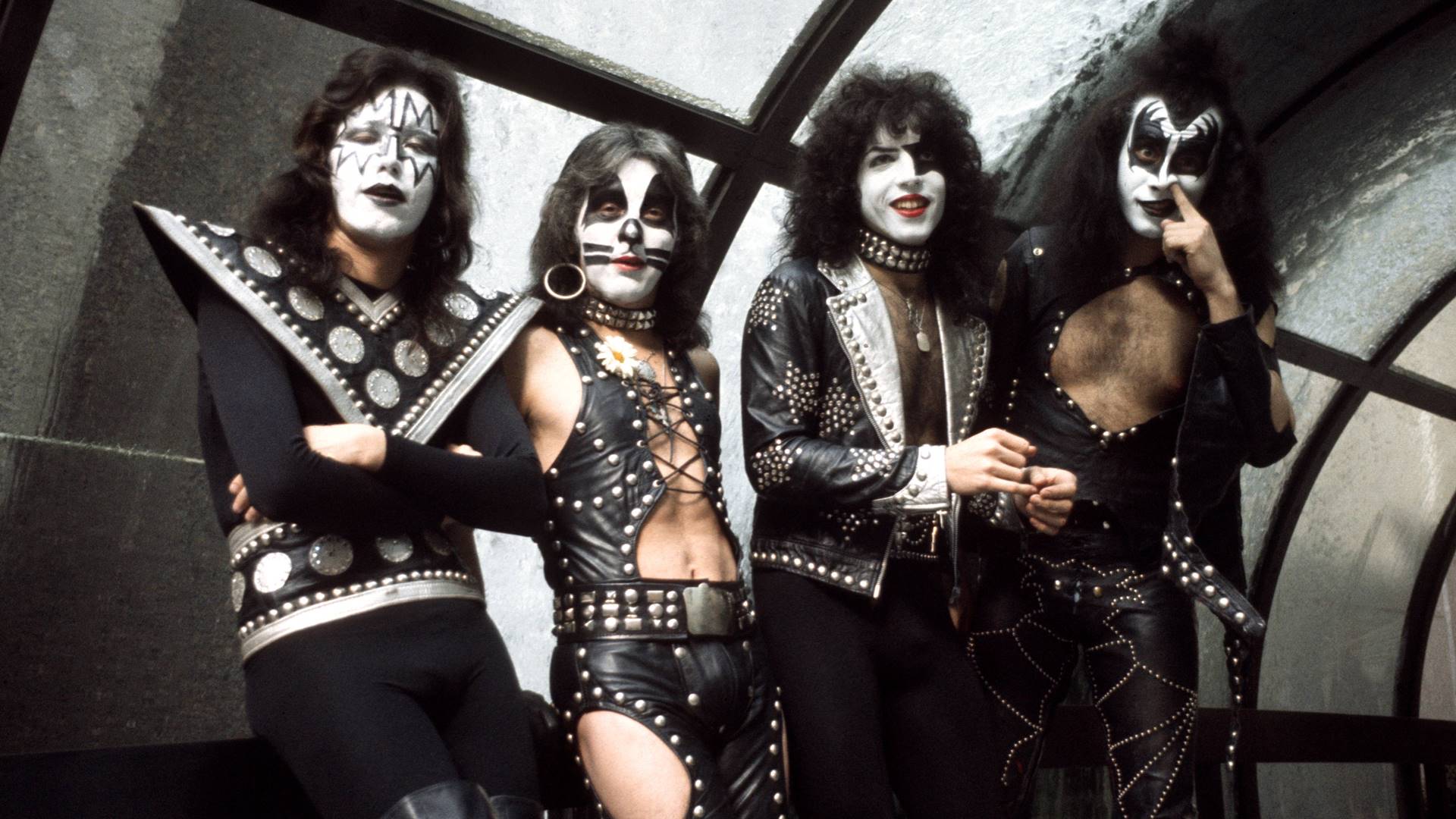Understand the psychic importance of the wake, the stages of mourning and how to explain death to children.
The psychologist and professor of psychoanalysis Ronaldo Coelho, from the capital Sao Paulo, talks about the psychic importance of the funeral wake, the stages of mourning and how to explain death to children.
The awakening
“The funeral wake is a moment of meeting between people who have had significant relationships with the deceased person, this moment is important for the construction of the idea that, although the person is no longer among those who love him, his memory will remain alive among those who are there. The presence of people during the wake serves to tell those who have lost their loved one that they are not alone and also that that life was not in vain”, he explains. The psychoanalyst also emphasizes that every person can face the
ache
differently, but in general there are phases that people go through: denial, anger, bargaining, depression and acceptance – phases described by psychiatrist Elisabeth Kübler-Ross, a Swiss-American psychiatrist. “It is not always easy to accept a loss and the reasons that imply this difficulty are always singular, unique for each person. The process of processing grief is the way to understand these reasons and take care of them. Most of the time you do it alone and with the help of time, but when the pain becomes pathological, worsening over time instead of improving, moving towards depression, for example, psychotherapeutic work is indicated”, he underlines.
Explaining death to children
The loss of a family member not only affects adults, but also affects children. Many parents don’t know how to deal with this problem with their young children and end up making up stories, but Ronaldo advises against this path. “With children, the loss must always be treated with a language appropriate to their ability to understand, depending on their age. You must not lie to them or try to hide it; what is recommended is, with the help of euphemisms and metaphors, to communicate that that person will no longer be able to physically be with them and that this is a natural process of life. In some cases children already know what happened. For this reason it is worth asking them if they know what happened, what they imagine and what they understand This is a thoughtful and interesting way to start the conversation from the child’s field of knowledge and understanding”, concludes the psychologist.
About Ronaldo Coelho: psychologist, psychoanalyst and professor of psychoanalysis
He is the creator and teacher of the course Discourse Analysis in Clinical Psychoanalysis, which aims to train psychologists and psychoanalysts to carry out a coherent analysis of their patients from the first session. He works as a psychoanalyst in his private practice and maintains the Conversa Psi channel on YouTube. She graduated in Psychology (USP) and Master in Institutional Psychology (USP). He was a professor of Medical Psychology in the Degree Course in Medicine (UNIFESP) and preceptor of the Multiprofessional Residency in Healthcare (UNIFESP). He worked in hospitals such as Hospital São Paulo and Hospital Universitário da USP, where, in addition to assisting patients and families, he performed clinical supervision of psychological care provided by students and psychologists, supervised research and taught psychology courses hospital.
Source: Terra
Ben Stock is a lifestyle journalist and author at Gossipify. He writes about topics such as health, wellness, travel, food and home decor. He provides practical advice and inspiration to improve well-being, keeps readers up to date with latest lifestyle news and trends, known for his engaging writing style, in-depth analysis and unique perspectives.







![Tomorrow Belongs to Us: What’s in store for Friday 17 October 2025 Episode 2055 [SPOILERS] Tomorrow Belongs to Us: What’s in store for Friday 17 October 2025 Episode 2055 [SPOILERS]](https://fr.web.img5.acsta.net/img/96/95/96957c8eef9a3bd87daf877432629ae3.jpg)

